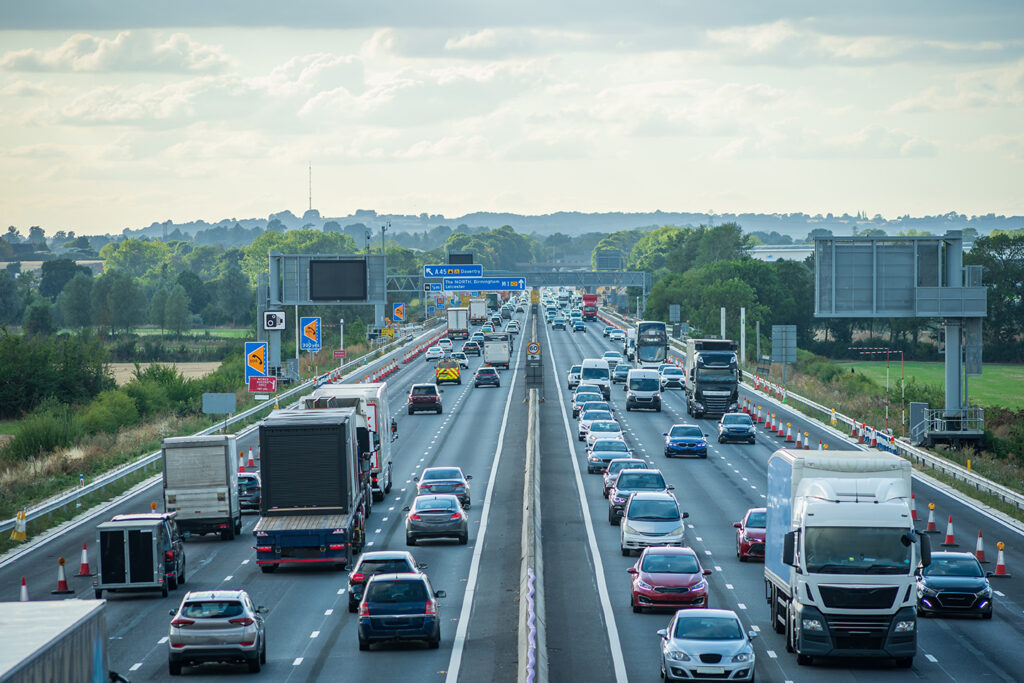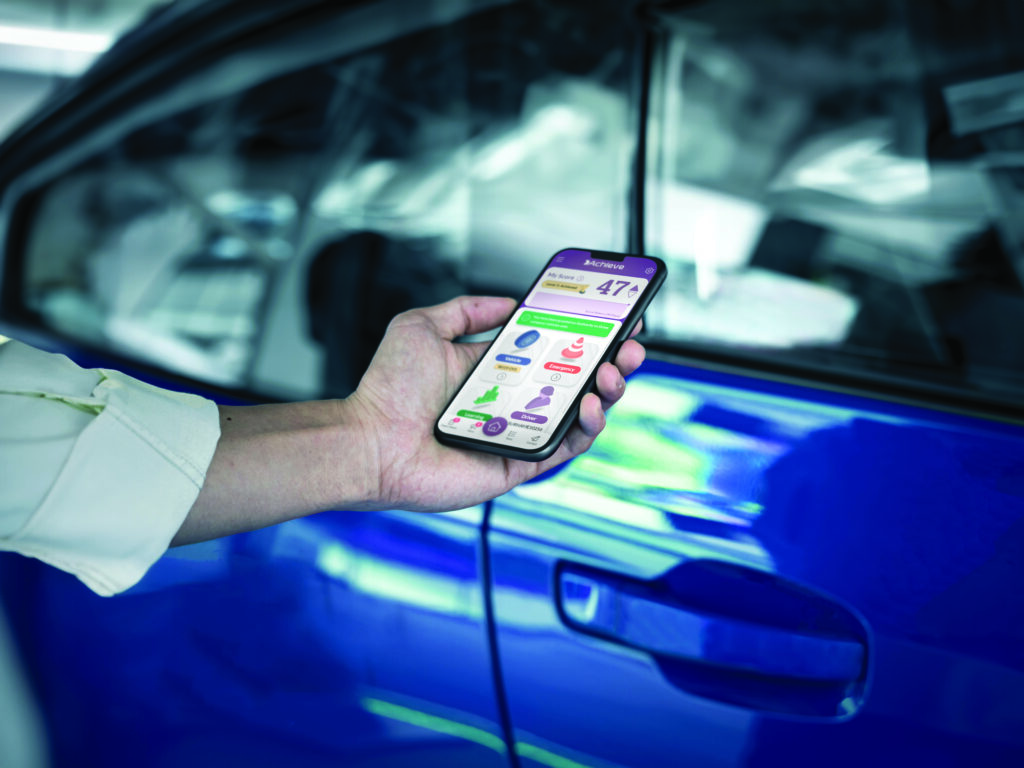Question:
My online business creates bespoke gifts for the UK market. With a fleet consisting of 100 distribution vans and an additional grey fleet of approximately 10 vehicles, we’ve unfortunately faced a concerning trend of accidents, particularly in urban areas. This has led me to contemplate raising delivery charges universally. However, I’m hesitant as this could erode our competitive advantage.
How can I effectively reduce risk, especially in urban settings, without seeming punitive towards specific drivers?
Thanks Andy!
Pete
London
Answer:
Thanks for the question Pete.
As we are all aware in this current economic climate the costs of everything are rising and your customers would not necessarily be surprised if you had to increase your prices however, not doing so and also increasing your profitability in the short term and more importantly, the long term is infinitely more appealing! Not only will this approach increase you competitor advantage, keep existing business and win new business it will also build in good business ethics and long-term stability by giving you a way of managing your costs moving forward.
All obvious stuff and so how to achieve the above? Let me start by asking a question, how will your drivers improve and make fewer mistakes?
Quite simply by getting better and like with everything else in life we get better through learning and then putting the lessons learned into practise.
So, in short, training and culture!
The urban areas is a bit of a red herring as most ‘incidents’ occur here as there is just more happening and more to go wrong. Additionally, as drivers we tend to concentrate less at lower speeds and of course there are many more distractions ‘in town.’ The 3 key areas that any competent driver trainer will work on will be Concentration, Observation and Anticipation and importantly, the 4 underlying ‘physiological’ reasons why the above are sometimes difficult to achieve, namely, Fatigue, Stress, Hydration and Nutrition.
To pass a driving test we are taught to ‘drive,’ predominantly a physical skill but to improve as a driver we need to learn and improve the mental skills and this what ‘advanced driving’ addresses.
So training is a must, and a must for everyone, don’t fall into the trap of picking on the ‘bad’ drivers as this will adversely affect the second point I made above, Culture!
Advanced drivers will save on average, 11% on fuel alone, which not only pays for the training and the half day off work to learn the skills but also continues into the future. Reduced vehicle maintenance, improved residual values, reduced ‘incident’ costs and improved driver welfare and morale. It also saves CO2 emissions for ICE vehicles and for those in EV’s they will increase their ‘range’ by adopting the new driving style.
It is also a proven fact that journey times also decrease by around 3% whilst achieving all the savings which once understood by drivers gives them the incentive to change and improve, who doesn’t want to get there quicker and cheaper!
I hope some this helps Pete and do get in touch if you want to find out more about the how?
Good luck
Andy



